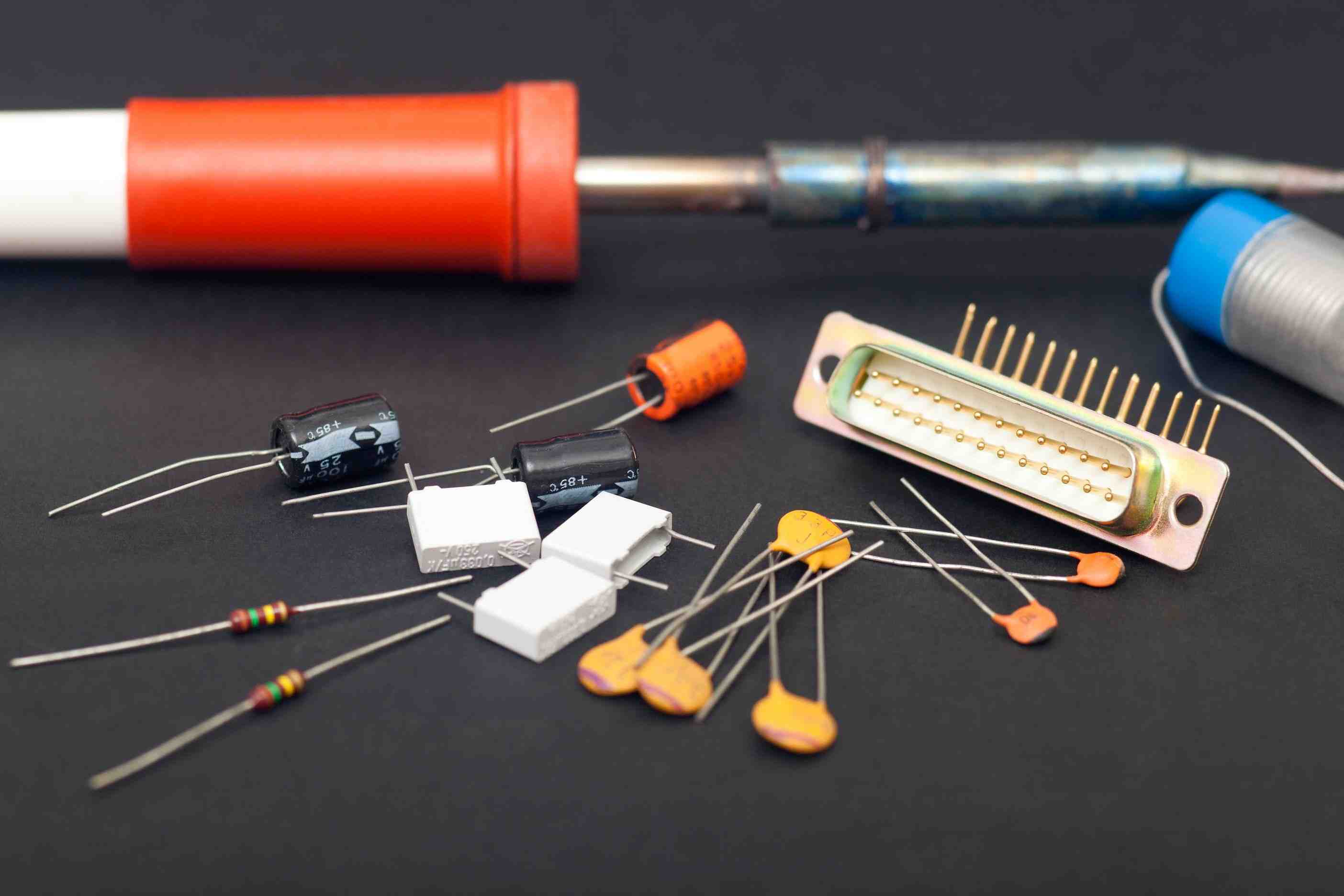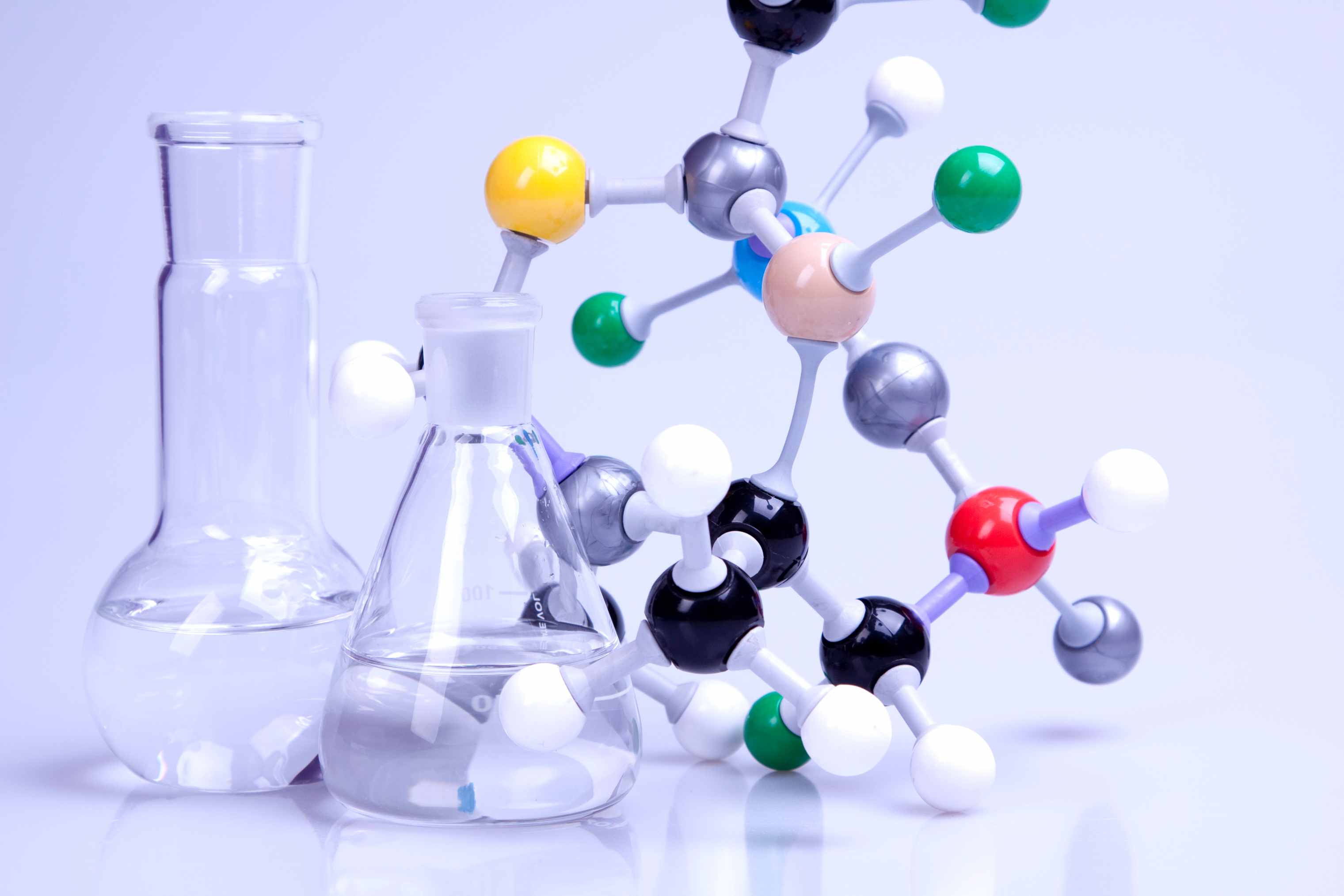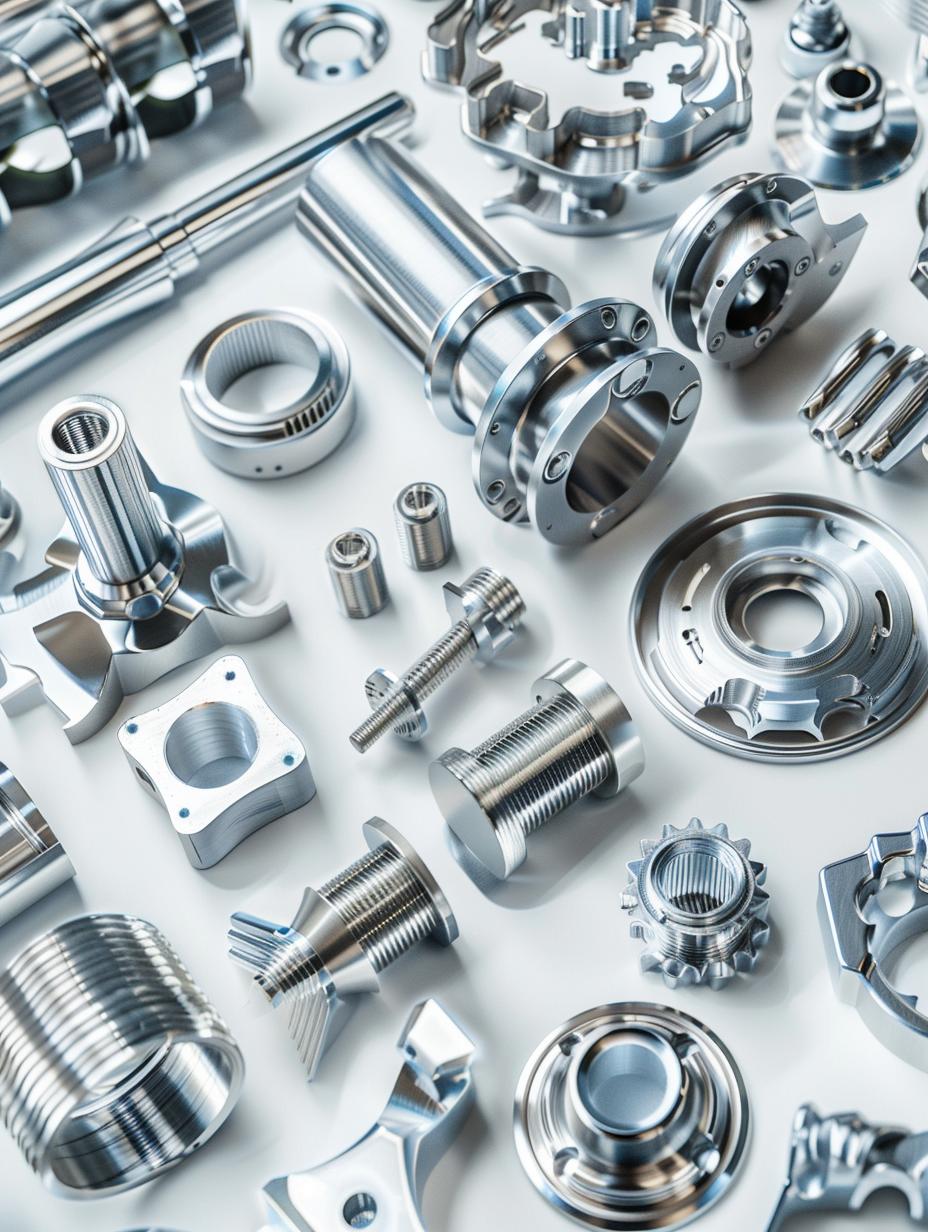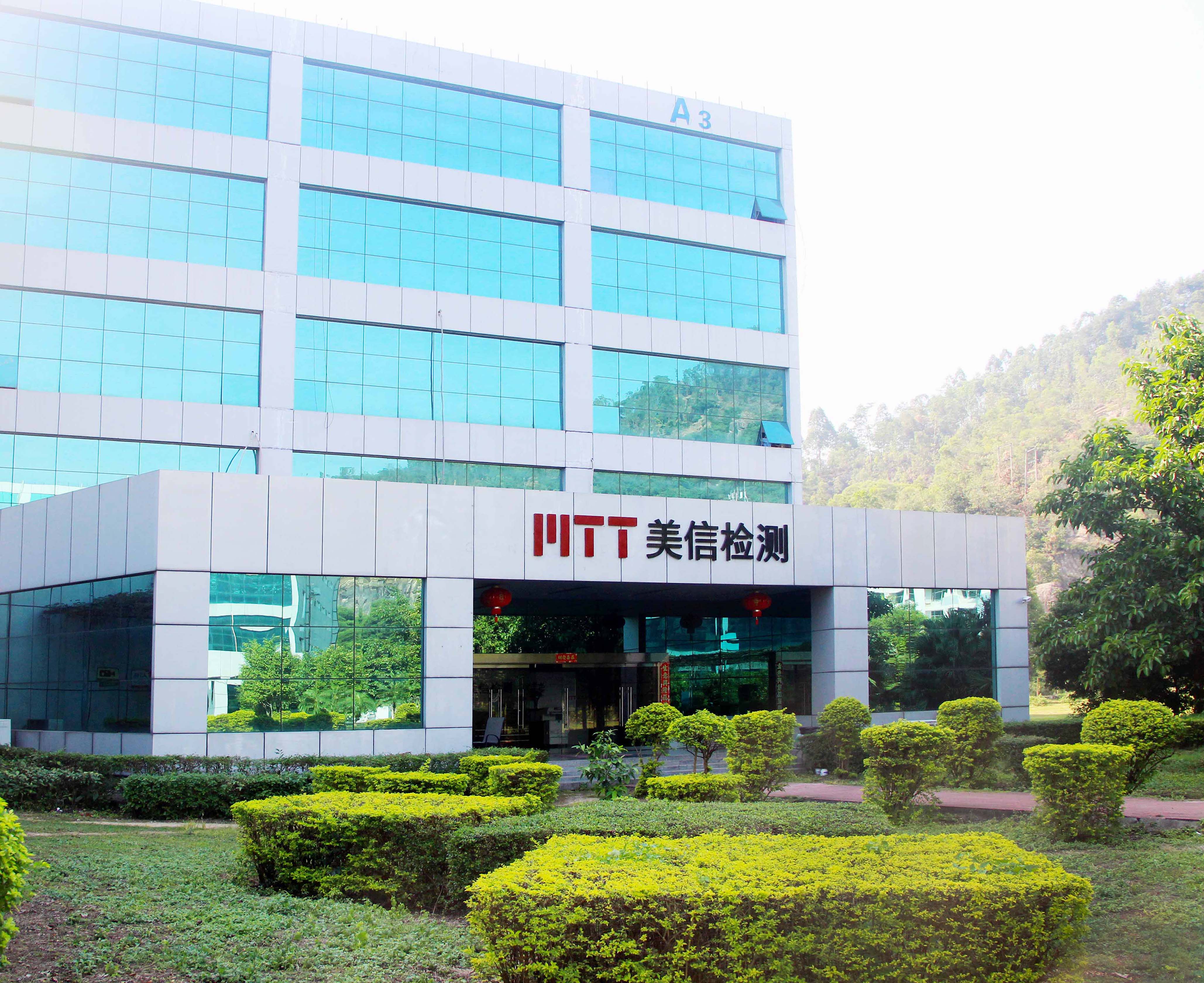




























By simulating the storage conditions of products in high and low temperature environments, high and low temperature storage tests can provide manufacturers with important data on the product's resistance to high and low temperatures, helping to optimize product design and improve product quality.

| Project Background
In modern industrial production and product applications, high and low temperature environments are one of the important factors affecting product performance and reliability. In order to ensure that products can be stored, transported, and used normally under various extreme weather conditions, high and low temperature storage tests have become a key link in evaluating product performance and reliability. By simulating the storage conditions of products in high and low temperature environments, high and low temperature storage tests can provide manufacturers with important data on the product's resistance to high and low temperatures, helping to optimize product design and improve product quality.
| Project Overview
Low temperature test: Apply the specified chemical reagent to the designated test surface of the sample by wiping, smearing, spraying, or soaking, and then place it at the specified ambient temperature for the specified time, and finally observe the changes in the test surface of the sample.
High temperature test: Place the sample in the test chamber and conduct the test at the required temperature and time. The severity of the experiment depends on the high temperature and exposure duration;
| Test Objective
The main purposes of this high and low temperature storage test project include:
Evaluate the product's resistance to high and low temperatures:
By simulating high and low temperature environments, evaluate the storage performance of the product under different temperature conditions to ensure stable operation in actual use.
Ensuring product reliability:
Evaluate the performance and reliability of the product in high and low temperature environments, ensuring that the product can function properly under different environmental conditions and extending its service life.
Compliant with industry standards:
Conduct high and low temperature storage tests in accordance with relevant industry standards to ensure that products meet industry standards and customer requirements, and enhance their market competitiveness.
| Testing Equipment
High temperature testing equipment:
Equipment name: High temperature test chamber
Maximum temperature: 300 ℃, meeting the requirements of high-temperature storage testing.
Maximum size: 3000mm2000mm2000mm, providing ample testing space.
Testing standards: GB/T 2423.2-2008, IEC 60068-2-2-2007, GJB 150.3A-2009, EIA 364-17C-2011
GB/T 28046.4-2011、ISO 16750-4-2010。
Low temperature testing equipment:
Equipment Name: High and Low Temperature Damp Heat Test Chamber (Low Temperature Function)
Minimum temperature: -70 ℃, meeting the requirements for low-temperature storage testing.
Maximum size: 3000mm, 2000mm, 2000mm, providing ample testing space.
Testing standards: IEC 60068-2-1-2007, GB/T 2423.1-2008, GJB 150.4A-2009, EIA 364-59A-2006
GB/T 28046.4-2011、ISO 16750-4-2010.
| Service Products / Fields
Detection object:
The high and low temperature storage test project is applicable to various types of connectors, electrical and electronic products, automotive electronics, interior parts, aerospace products, pharmaceutical products, as well as other types of products that require evaluation of high and low temperature storage resistance.
Application fields:
High and low temperature storage tests have wide applications in various fields such as electronic manufacturing, automotive electronics, instrumentation, aerospace, and medicine, and are important means to ensure the reliability and stability of products under different climatic conditions.
| Project Advantages
Project advantages:
Wide temperature range: Provides a wide temperature range of -70 ℃ to 300 ℃ to meet the testing needs of different products.
Large testing space: The maximum size can reach 3000mm, 2000mm, and 2000mm, providing ample testing space.
Precise temperature control: Ensure accurate temperature control during the testing process and simulate the actual storage environment.
Full service: Providing comprehensive services from sample preparation, test preparation, formal testing to result reporting, ensuring that customers can obtain accurate test results and solutions.
Service Content:
Provide customized high and low temperature storage testing solutions to meet the testing needs of different customers.
Provide technical support and consulting services during the testing process to ensure the smooth progress of the testing.
Provide detailed test reports and conclusion recommendations to provide strong support for customer product improvement and optimization.
| MTT Advantages
1. Professional Team: A team of highly experienced testing engineers and technical experts.
2. Advanced Equipment: Equipped with internationally leading testing instruments to ensure accuracy and reliability of results.
3. Efficient Service: Rapidly respond to customer needs and provide one-stop, high-efficiency inspection services.
4. Authoritative Certification: The laboratory is certified by ISO/IEC 17025, ensuring that test reports have international credibility.